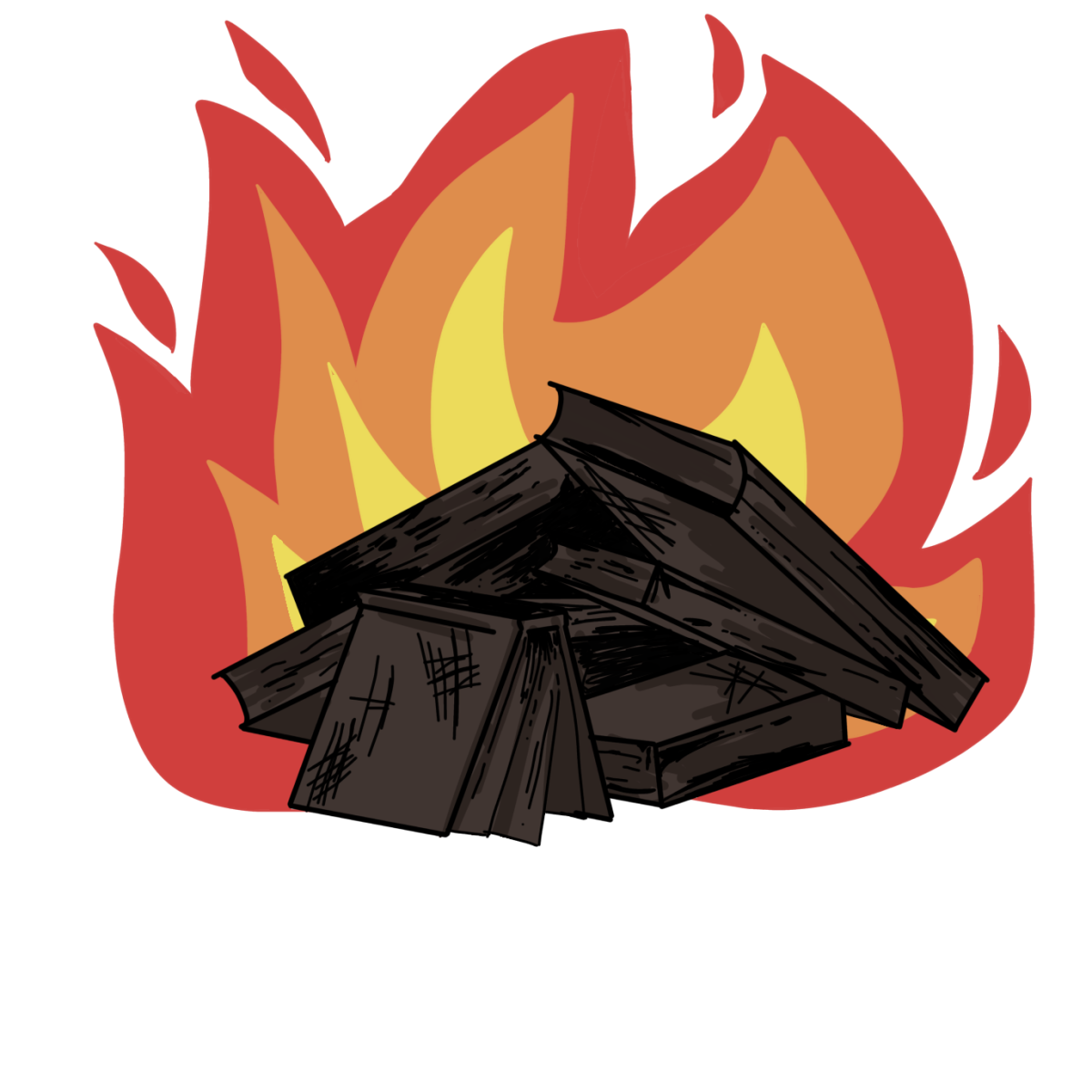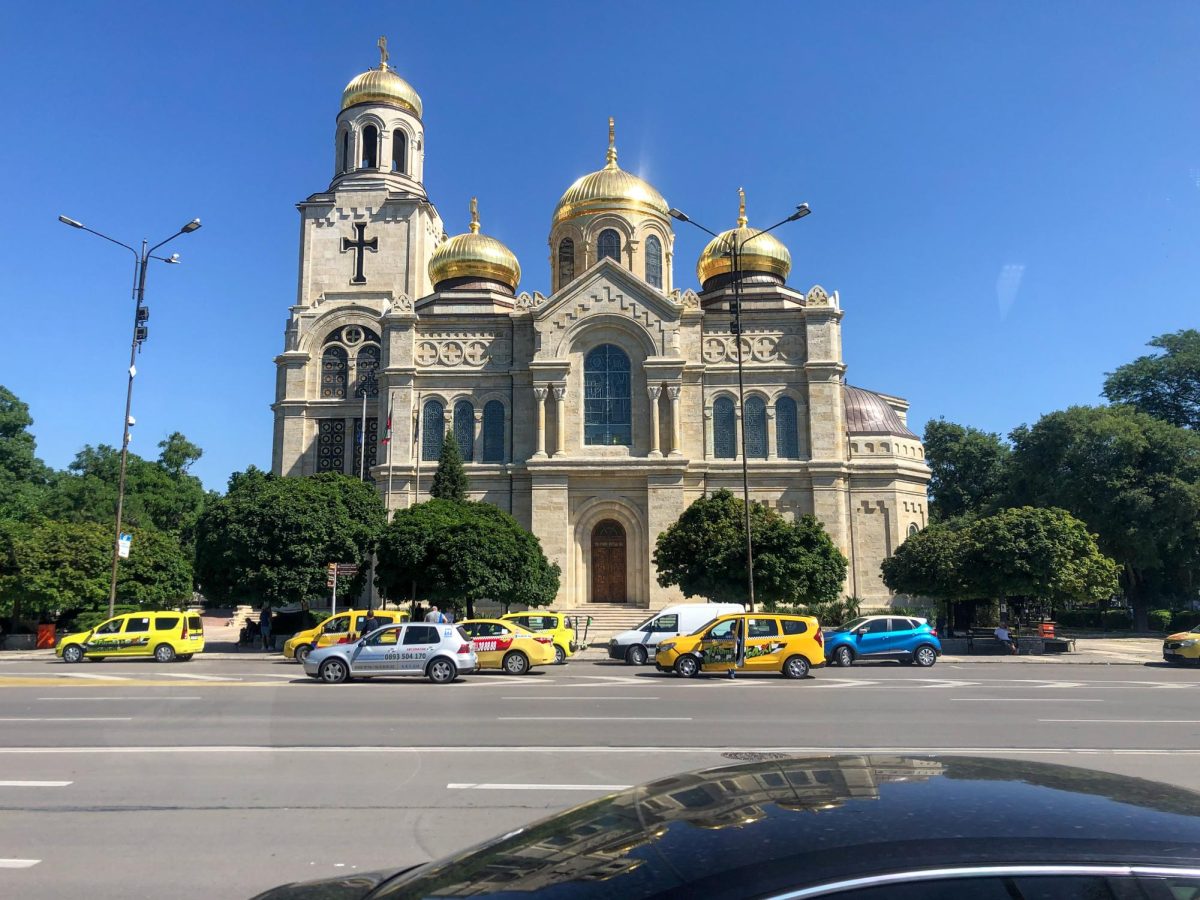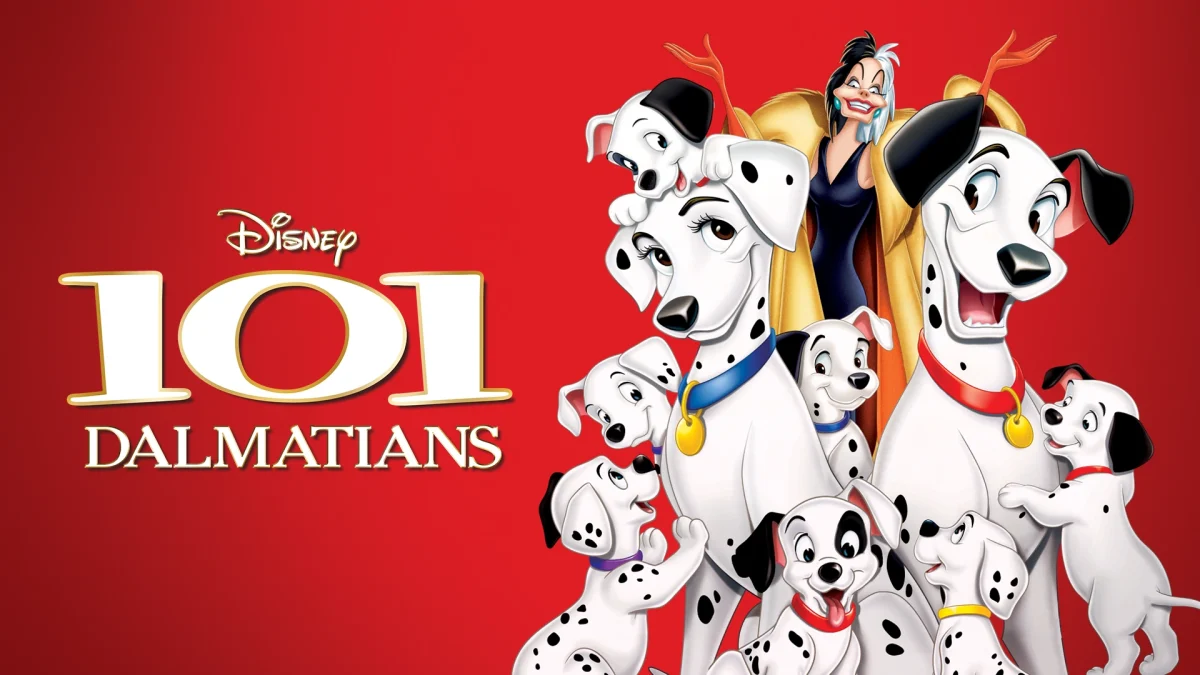This year in particular, it seems that the focus of reproach politically has been books. Specifically, books that schools keep in their libraries. Parents from several states and school districts all across the country, including here in the Francis Howell School District, are raising concerns about the literature their child can be exposed to. This raises a very important question. A question I think will change the course of future generations and how they learn. How far is too far when it comes to book banning?
The most obvious problem with this to me is that the removal of literature creates a void. A drain of knowledge and culture that could have been passed to a new generation. A deeper understanding that could have been had by people about tragedies of the past. A depiction of a person who is like you when you don’t get much representation in the media you consume.
There is no question that the removal of literature will lead to people feeling alienated and disenfranchised, and that is a terrible thing to do in times like these. Times where we all feel alone and alienated from each other. Friends and families are divided based on differences in politics.
It’s in times like these that people need someone who represents how they feel and who they are in the media they consume. It is direly important. In particular it feels like books that prominently feature homosexual relationships and people who are a part of the LGBTQ+ community are targeted when it comes to the banning of books, largely due to the prejudice of the school board and parents of the district.
There is no excuse for this. This is dehumanizing and disenfranchising to a group of people that have faced these problems their entire existence on this earth. To ban depictions of someone from being read is to make the claim that their existence is shameful. That they should not be represented because they don’t matter and their existence is harmful.
I’m tired of people justifying hate against people for being different under the guise of protection of children. However, even though that topic hits particularly close to home, it isn’t what I feel is the greatest sin of this purge of literature.
There are 100 percent some books that I wouldn’t want a kid exposed to. Books with graphic descriptions of sexual content definitely don’t belong in a school setting, and I wouldn’t argue otherwise. That much is entirely obvious.
However, there are books that have been banned in the past that I strongly disagree with, not as a principle of cultural displacement, but of one out of concern for history’s preservation. This is the most dire circumstance book banning raises.
Recently, book bannings came up in policy on a school board in Florida. One of the books they had banned was “The Diary of a Young Girl.” Anne Frank’s diary. I don’t feel that I should have to explain why this is a terrible choice. It’s accounts like these that provide a deeper sense of the tragedy that things such as the holocaust caused. It doesn’t just give us how it happened or that it simply did happen, it tells us why it matters that it happened. Why we should care that this happened. It puts a face and a name to a number. It prevents the simplification of the horrors that humanity releases upon itself.
It’s terrifying that books like these get banned from schools. It feels like a dystopian story, which conveniently, are also among some of the most banned books. It’s knowledge like these and accounts like these that prevent history from repeating itself. To ban accounts of history is nothing but harmful and dangerous. And remember, this is not an issue exclusively happening elsewhere.
This is coming to FHC and the rest of the Francis Howell school district. This is happening here and now. The removal of books is left largely to a group of like-minded individuals who are on the school board and to a “weeding” process that is terribly defined.
It is not hard to see that this will not lead to a diverse amount of perspectives. This is not to mention the new process for gaining approval of putting books in the Learning Commons, which is terribly slow and inefficient and will no doubt lead to limited diversity within the things we’re able to read.
So how far is too far when it comes to book bannings? It’s when we begin to destroy our knowledge of different cultures and of the history that makes us who we are.
It’s when we desecrate the accounts of others who went through terrible things and describe it so they are never repeated again.
It’s when we start to lose literature, and when we start to lose ourselves in the process. In other words, it went too far when we started.







